Social Insertion
Probably the greatest economic, social and cultural impact of PPG is associated with the transformation of the “modus operandi” in the more than 100 institutions in which our students and graduates are currently working. Our students and graduates are capable of moving through various fields of knowledge, focusing on the interactions between the environment and society and on the organization, planning and management of the territory. Our graduates are already integrated into different organizations, from government, academy, private sector, third sector (Figure 14 of the supplemental material).
Our curricular proposal aims to analyze and model in order to support territorial planning and formulate public policies in Brazil. The analysis of the themes of the dissertations shows that 19 dissertations have developed knowledge that can be used for urban planning and infrastructure (city planning – municipal master plans (PDM), urbanization plans (PU), rural planning and sustainable development (Figure 24 of the Supplementary Material).
16 dissertations provide subsidies for water resources management and planning and management of water basins. 8 dissertations work on concepts and tools that can help prepare management plans for protected areas (UCs) and, therefore, support public policies for the conservation of biodiversity and maintenance of the ways of life of traditional populations in Brazil. Our work with vegetal extractivism seeks to solve a major territorial issue in Brazil: to promote socioeconomic development and at the same time conserve biodiversity and the traditional ways of life that lebes are associated with (rubber tappers, babaçu coconut breakers, pequi collectors, açaí, etc.) ( Figure 24 of the Supplementary Material).
Through our extension projects, we return to society the skills and competences we have developed in our graduates, providing civil society and governmental and non-governmental institutions with our expertise that supports, for example, the review of management plans for protected areas and their areas of damping, zoning of suitability areas and municipal master plans, implementation of the infrastructure and transport network, management of pandemics such as COVID-19, expert support to the Minas Gerais Court of Justice in the analysis and questions of the tragedy caused by the collapse of the dam in the mining company in Brumadinho-MG, subsidies for the allocation of resources for the sharing of benefits between manufacturers/companies and traditional communities holding traditional knowledge associated (CTA) with the use of genetic heritage (PG) under the Nagoya Protocol and the Convention on Biological Diversity (CDB).
Projects funded at the national level included, for example, the CAPES Pandemic (COVID 19) notice, the CNPQ notice of the Program in Long-Term Ecological Studies (PELD) Smart Cities. Other examples of national extension projects are the two Decentralized Execution Terms (TED), one aimed at diagnosing the risk of fauna in Brazilian aerodromes under development for the National Civil Aviation Agency (ANAC) and the other aimed at the management system of geospatial data from the Secretary of Heritage of the Union (SPU). In terms of extension projects, 12 projects were financed in 2020, 7 of which in different public notices under the agreement between Vale and UFMG to mitigate the impacts of the collapse of the dam at the Córrego de Feijão mine in Brumadinho-MG, where 8 of the our teachers participated.
Also noteworthy is the project for modeling critical areas for roadkill over domestic and wild fauna on highways and railways in Minas Gerais, developed in partnership with the Federal University of Lavras, also stands out.
With regard to social inclusion, the research, teaching and extension actions carried out at the PPG-AMSA have culminated in the application and transfer of scientific knowledge for the benefit of the community. In this context, projects with a macro-regional geographic scope stand out, such as the modeling of technical, economic and environmental feasibility studies to define the layout of railway corridors edited by the Ministry of Transport, and more recently the transfer of technology and knowledge for control of the works and infrastructure by the Federal Court of Accounts. Other successful examples are: the development of a map server and quality control measures for cartographic documents; actions to assess and monitor soil and water quality indicators in rural properties in partnership with EMBRAPA and EMATER; and pioneering geodiversity use and conservation modeling projects including investigations into geological heritage and geotourism.
The ISA Reference Nucleus is hosted in the program, which develops and applies two official methodologies of the State of Minas Gerais to assess the socioeconomic and environmental sustainability of rural properties (ISA) and the environmental and productive zoning of hydrographic basins (ZAP). Among the actions developed is the elaboration, in partnership with the Ministry of the Environment, of the distance education program on integrated management of territories.
In total, our faculty has been involved in more than 40 projects distributed in 9 structural projects.

